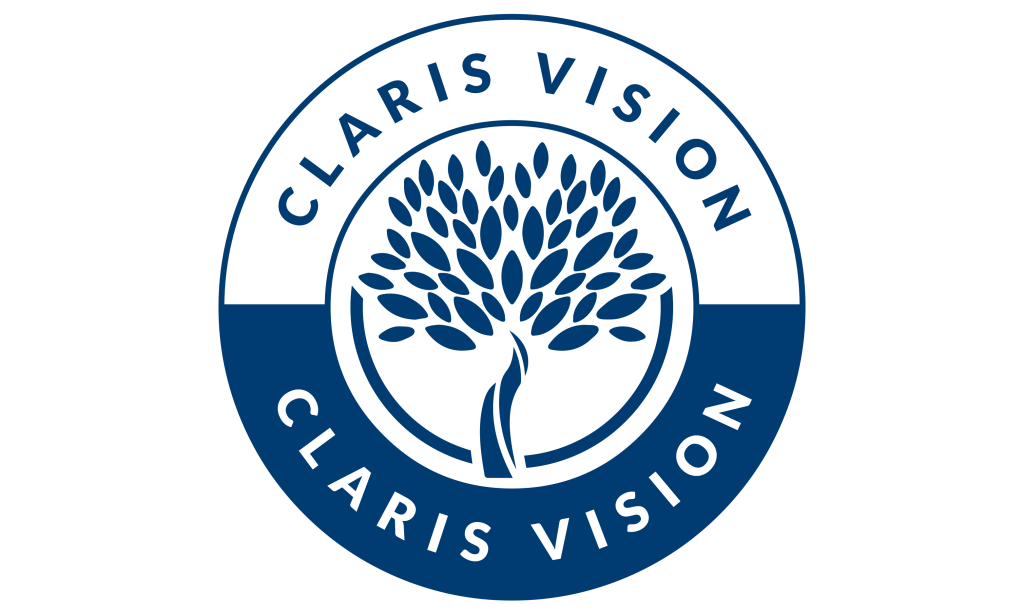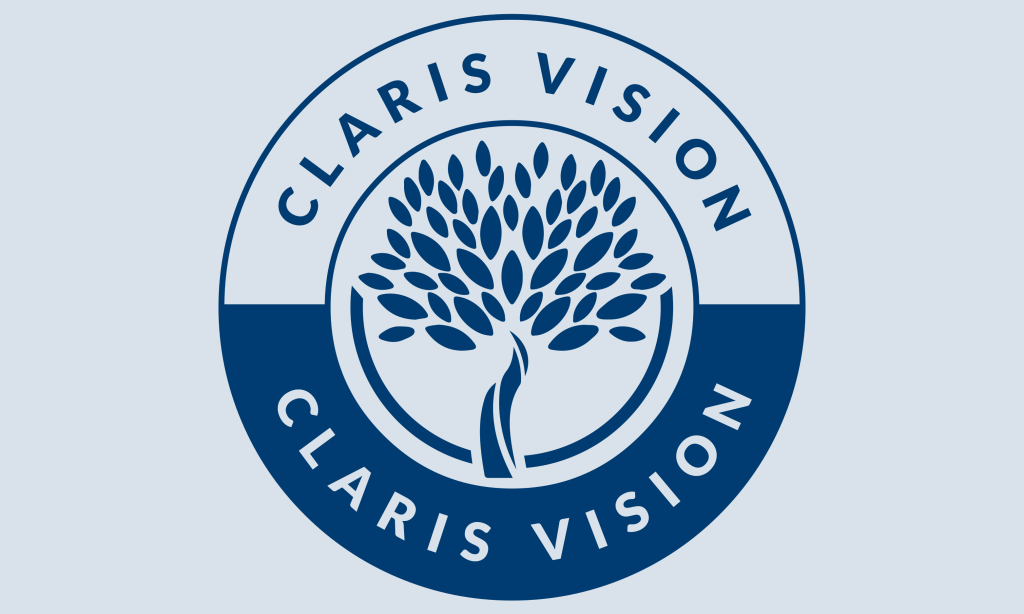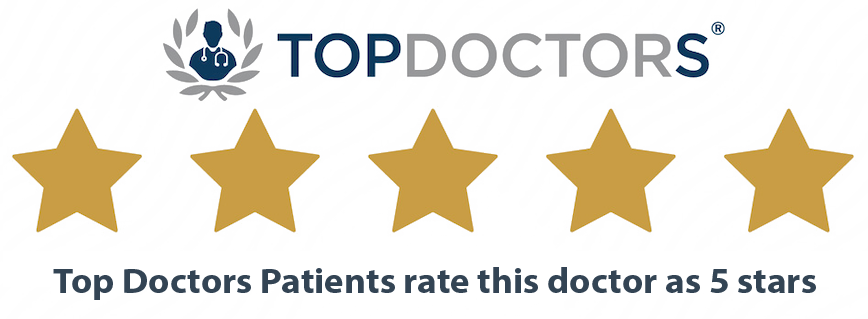Enjoy life changing vision in 15 minutes!
What is ReLEx SMILE?
ReLEx SMILE, or small incision lenticule extraction, is one of the latest developments in laser vision correction. It can eliminate the need for glasses or contact lenses by correcting short-sightedness (myopia) and astigmatism.
It has a 15 years track record and over 5 million procedures have been carried out worldwide. ReLEx SMILE is a keyhole laser procedure that does not require a corneal flap. It involves the creation and removal of a lenticule from within the cornea.
The absence of a flap allows the treatment of high degrees of short-sightedness (myopia), thinner corneas, and eyes with mild to moderate dry surface.
What are the benefits of ReLEx SMILE laser eye surgery?
-
An active lifestyle without the hassle of glasses or contact lenses.
-
Spectacle independence.
-
No contact lens risks.
-
Less dry eye than following LASIK.
-
Potentially better preservation of strength of the cornea than following LASIK.
-
Quick improvement in vision following the procedure.
Consultant Ophthalmic Surgeon
Cataract, Lens replacement and Laser Eye Surgery
Aris is a consultant eye surgeon at University Hospital Southampton NHS Foundation Trust. He runs private clinics at the Wessex Nuffield Health hospital (Chandlers Ford), Southampton Spire Healthcare hospital and Boots Opticians (Lymington, New Forest).
Read moreWhy have surgery with Aris?
Aris is an experienced UK trained consultant eye surgeon, having performed thousands of operations.
He provides personalised care with a broad range of vision correction procedures, including cataract surgery, lens replacement and laser eye surgery, including LASIK and PRESBYOND blended vision. This allows him to recommend the treatment most appropriate to your eyes and lifestyle needs.
Aris provides his care and surgery within the safety, friendly atmosphere, comfort of private rooms and guaranteed aftercare of traditional private hospitals – the Nuffield Health and Spire Healthcare hospitals.
ReLEx SMILE FAQs
Laser eye surgery, also known as laser vision correction or refractive surgery, is a procedure that uses laser technology to correct short-sightedness (myopia), long-sightedness (hypermetropia), astigmatism and the need for reading glasses (presbyopia). It achieves this by changing the shape and thus refractive power of the cornea of the eye; this focuses light rays on the retina, resulting in a sharply focused image. The most common types of laser eye surgery include LASIK (Laser-Assisted In Situ Keratomileusis), LASEK or PRK or ASA (Advanced Surface Ablation), SMILE (Small Incision Lenticule Extraction) and variants of these.
ReLEx SMILE (Small Incision Lenticule Extraction) is a keyhole laser eye surgery procedure that was developed exclusively by ZEISS (Carl Zeiss Meditec AG). More than 5 million procedures have been performed over the past 15 years. Currently, SMILE can eliminate the need for glasses or contact lenses by treating short-sightedness (myopia) and astigmatism, though indications are currently being expanded to the treatment of long-sightedness (hypermetropia). Its key difference to LASIK is that it does not involve the creation of corneal flap. This has 2 advantages over LASIK. Better preservation of the corneal nerves, resulting in less potential for dry eye. In addition, better conservation of the biomechanical stability of the cornea. Only one type of laser is involved in this procedure, the femtosecond laser. This creates a disc of corneal tissue, called the lenticule, that is removed through a small 3mm incision and opening. LASIK has a larger incision opening, typically 18-20mm.
A slight pressure feeling may be noticed during the procedure but no pain. Your eyes will be slightly gritty and sensitive to light for the first day or two.
The recovery after LASIK or ReLEx SMILE is usually rapid. There is no pain following the procedure, only a mild gritty sensation and a heaviness of the eyes. Some sensitivity to light may be experienced the first 2-3 days. Immediately after the procedure, your eyesight is slightly blurred, like looking through frosted glass, but improves rapidly within a few hours. By the next day, the eyesight is very clear, usually to driving standards. You can carry on with most of your normal activities, but care is required not to get shower or tap water in your eyes for the first week and to avoid touching or rubbing your eyes. You will need to use eyedrops for at least 2 weeks following the procedure to help the eyes settle.
It is not uncommon to notice some glare, haloes or starburst in the early days following laser eye surgery. These improve over days to weeks and it is very unusual for these visual side effects to be long lasting. Due to the non-invasive nature of the surgery, it is very rare for permanent loss of vision following laser vison correction. Infections can develop in less than 1 in 3000 patients and the majority can be treated well with no serious loss of eyesight. In rare cases, less than 1 in 5000 patients, a corneal transplant may be performed to restore the vision lost due to infection, scarring or other complication.
Permanent serious loss of vision following laser vision correction is extremely rare, as the procedure is not carried out inside the eye but on the outside.
Poor vision may be caused if an infection were to develop following the procedure; the risk of this occurring is less than 1 in 5000 patients. In the worst likely scenario, a form of corneal transplantation may be required to replace a damaged block of tissue in the cornea, restoring vision usually to driving standards. Problems that can lead to the need for transplantation include scarring after infection or an abnormal healing response, and an unstable corneal shape, also called corneal ectasia. These problems occur infrequently, and can often be corrected without transplant surgery.
For patients with a healthy eye surface prior to the procedure, lasting dry eye symptoms are unusual. Dry eye symptoms and intermittent blurring (variable vision) can be caused by reduced stability of the tear film between blinks.
Tear film stability and dry eye symptoms improve over the first two to three months after the procedure. During this period, most patients require the use of frequent tear supplements. Contact lens wearers usually experience an improvement in dry eye symptoms compared to before the procedure!
ReLEx SMILE has less potential for dry eye compared to other laser vision correction procedures.
The effects of laser vision correction on the cornea and your vision are permanent. However, in your fifth decade of life and later the natural lens inside your eye undergoes changes that may change your prescription and need for reading glasses.
Depending on the procedure required for your eyes and prescription, the cost will usually range between £2000 to £2500 per eye. This will include all medication (drops) and consultations before and after the procedure. Most detailed costing can be found at https://clarisvision.co.uk/pricing/</
Age itself is not necessarily a limiting factor to having laser eye surgery, provided the eye surface is healthy and there are no significant eye health conditions. In fact, PRESBYOND LASIK is designed to improve vision in individuals with age-related need for reading glasses. Refractive lens exchange, also known as lens replacement surgery, is an alternative to PRESBYOND laser blended vision but this is usually recommended over the age of 60 years or when early cataract is present with a reduction in quality of vision.
In partnership with …



